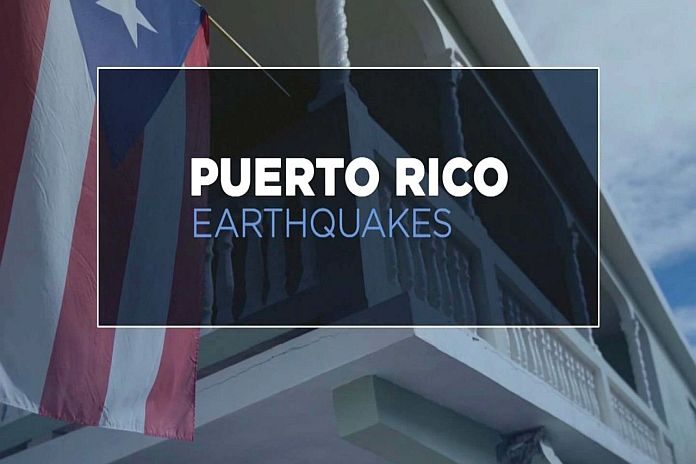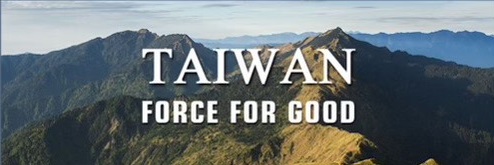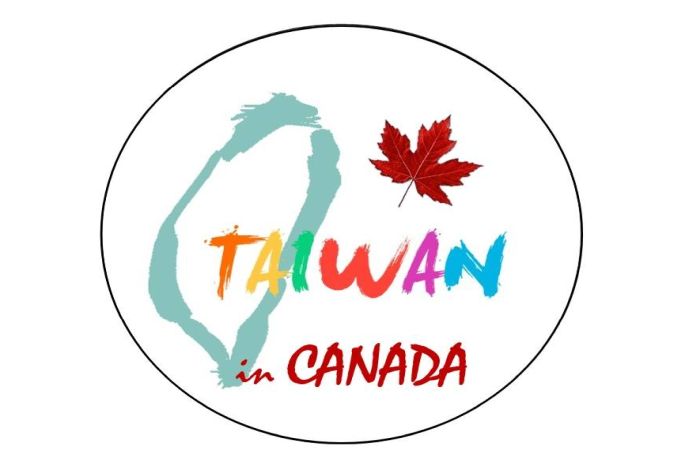GENEVA, Switzerland, (UNESCO) – The 2019-2020 earthquake sequence in Puerto Rico may have the first of such destructive disasters of the new year, and decade highlighted the need to raise disaster research and readiness above the whim of changing fiscal and political priorities.
If the right lessons are learned, the new Decade of Ocean Science for Sustainable Development (2021-2030) could keep society and public policymakers on track to ensure we have “the time, depth of knowledge and confidence to make split-second decisions when lives are at stake.”
After ten days of non-stop tremors and earthquakes, including a magnitude 5.8 event on one of the most important Puerto Rican holidays (3 Kings Day), people in southern Puerto Rico were violently awoken January 7, 2020, at 4:24 local time. An earthquake just offshore of magnitude 6.4 sent its powerful waves across the island. The last time something of this intensity and devastation happened was during the October 11, 1918 Earthquake and Tsunami.
Although the Southern Puerto Rico earthquake could not be predicted in space and time, for over 30 years the scientific, engineering and emergency management community had been urging people and the government to take more action to reduce our vulnerability. Over and over again in local, national and international forums, the need for greater understanding of the hazard and the corresponding preparedness and mitigation measures had been expressed. Despite significant advances in earthquake and tsunami monitoring, updated building code and improved awareness, the safety of buildings and catastrophe planning lagged behind. We were caught underprepared.
Fortunately, in the days leading up to the main event, the government authorities and the people paid attention to the earth’s unsettling signs and put aside the Holiday activities to inform and prepare for a possible large event. Thanks to this proactive approach, the earthquake sequence left only one reported death.
Images of a collapsed school and church, as well as hundreds of destroyed homes and businesses, circled the world, but that was not all. Additional consequences included an island-wide power outage, thousands of displaced, significant delays in providing citizens with essential services, small business interruption, financial distress and a shutdown of public education.
In the wake of the damage and the ensuing weeks of non-stop aftershock activity, even those who may not have had any physical loss were anxious, nervous and fatigued. The emotional impact has affected the whole island. The fear of returning to homes in southern Puerto Rico has been intense, keeping thousands of peoples sleeping in formal and informal camps and outside their homes. Several suicides and heart attacks have been reported. Once the houses have been rebuilt, how much longer will it take Puerto Rico to reconstruct people’s well being?
Within all this tragedy, people are also anxious about potential tsunamis. Fortunately, as of 2016, all municipalities at risk of the tsunami have been recognized by the US National Weather Service as TsunamiReady®. Given the strong ground-shaking from the M 6.4 earthquake, a local tsunami advisory (indicating no inundation, but potential hazardous marine conditions) was issued, and one could hear the sirens sounding the evacuation for the hills. A small tsunami of just a couple of centimeters was detected within minutes at nearby sea level stations, the advisory was cancelled and the Pacific Tsunami Warning Center was able to reconfirm there was no tsunami threat.
Fortunately, to date, we do not know of any injuries associated with the evacuation, but the experience from that day and the ensuing weeks has revealed vulnerabilities in our tsunami warning system, precisely many of the challenges that the tsunami community has proposed to address in the upcoming UN Decade of Ocean Science for Sustainable Development (2021-2030).
After the magnitude 6.4 event and the likelihood, albeit very small, of a larger earthquake with greater tsunami potential, the questions flooded in:
- How would the impact of a tsunami from southern Puerto Rico differ from that on the evacuation maps?
- What were the possibility and the potential impact of submarine landslide?
- What actions, if any, needed to be taken by people on the other side of the island?
- Are Advisories and warnings not the same thing?
- How fast we will know there is a tsunami threat?
- How will we know a tsunami is coming if the sirens aren’t working?
These are important issues that the global tsunami community aims to tackle in the course of the next years, and surely by the end of the Ocean Decade in 2030. Specifically, we must:
(1) address all sources of tsunamis: local and distant, whether generated by straightforward or complex earthquakes, volcanoes, landslides;
(2) integrate more observations into the early warning systems, not just seismic and sea level;
(3) fill the gaps in coastal and deep ocean bathymetry (the height of the ocean floor);
(4) generate computational power for faster and more effective forecasts;
(5) improve tsunami preparedness and mitigation in coastal communities.
The Ocean Decade is a golden opportunity to ensure that our ocean threats, which challenge our predictive abilities with their fast onset, in frequency and devastating impact, are not forgotten before disaster strikes.
You can learn more about the UN Decade of Ocean Science for Sustainable Development at http://oceandecade.org







